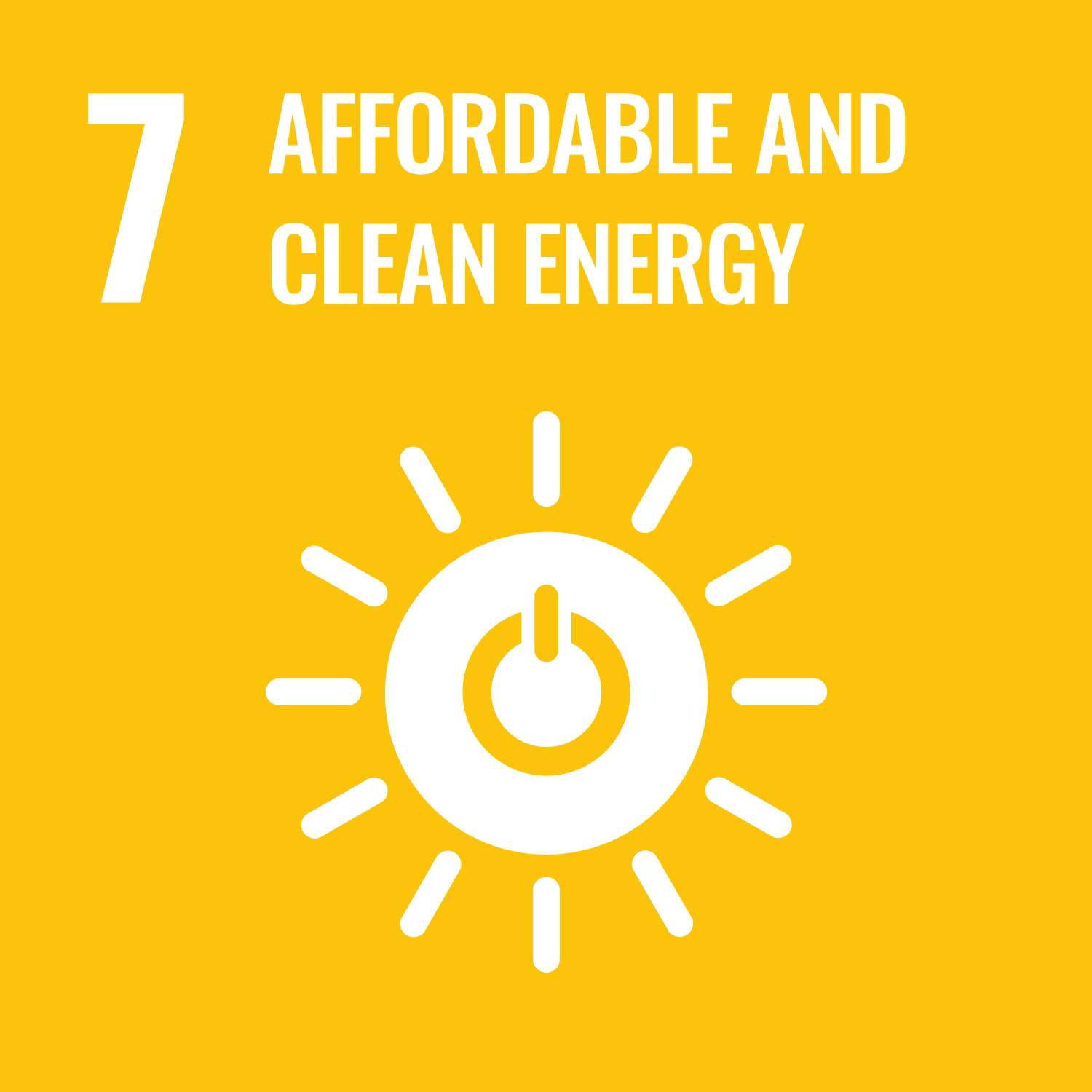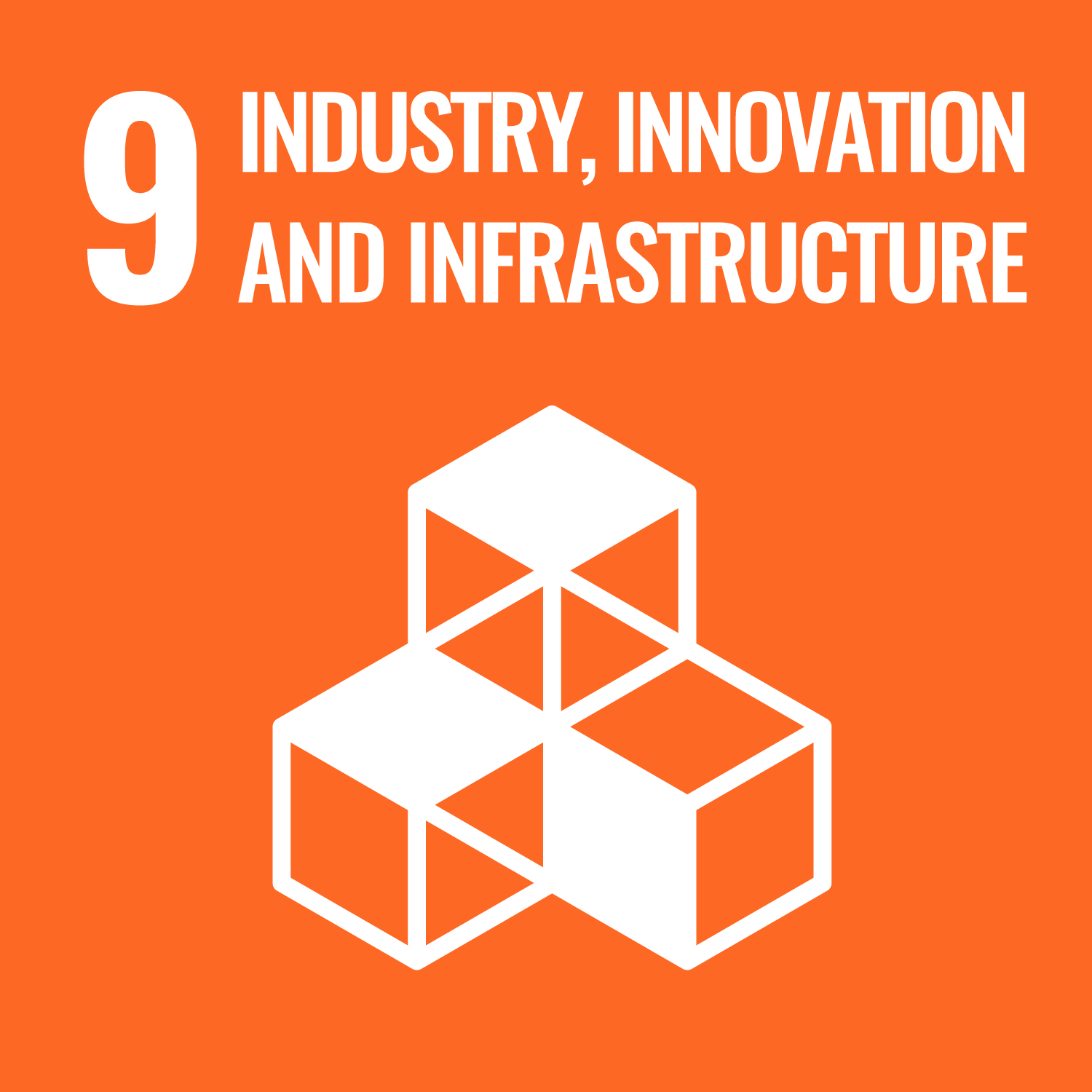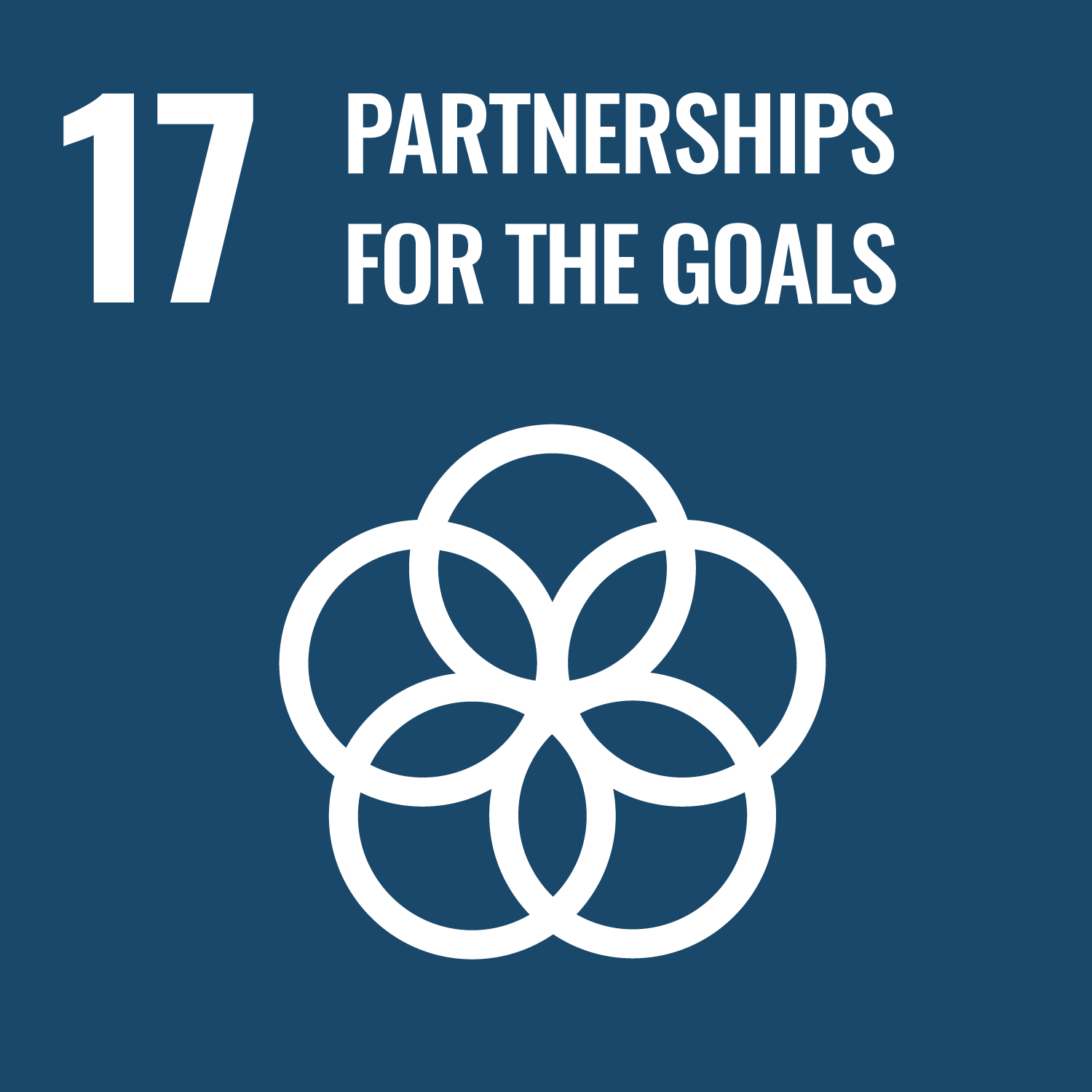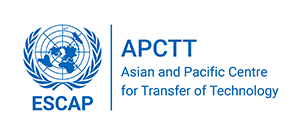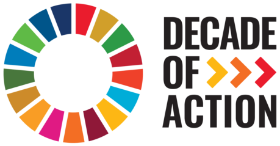
The Strategic Planning exercise identified the urgent need to build capacities of stakeholders as one of the key drivers for innovation, adoption and scaling-up of emerging technologies. Consequently, one of APCTT’s primary emphasis in the Strategic Plan period - 2023-27 - will be to support member States address constraints in national capacities and institutions for technology adoption and absorption.
National Innovation System (NIS) is a set of distinct institutions which jointly and individually contribute to the development and diffusion of new technologies, and which provide the framework within which governments form and implement policies to influence the innovation process. The various components of NIS are Government policies, research and development organizations, the education system, the financial support system and others. The NIS components and the interactions between them need to be continuously strengthened to effectively harness the benefits of science, technology and innovation (STI). APCTT assists in enhancing the capacity of member countries to develop and manage key components of NIS and the complex relationships between them. The focus of APCTT’s capacity building activities are:
- NIS diagnosis and evidence based STI policymaking, strategies, institutions, enterprises, and
- Development, diffusion and use of new and innovative technologies, products and processes.


Ensuring inclusiveness and reducing inequality within and among countries are one of the important pillars of the Sustainable Development Goals. Many innovative technological applications have demonstrated potential to benefit the poor and deprived sections of society. The role of technology to reduce inequality largely depends on the capabilities of the poor to access and use the technologies that respond to their needs. For lower-income and vulnerable groups to benefit from modern technologies, Governments can introduce targeted technology and innovation programmes to address their specific needs and challenges. Such efforts would also require strategies to attract investment into important development sectors like sanitation, rural livelihoods, agriculture, clean energy, affordable housing, and financial inclusion. APCTT supports member countries, particularly countries with special needs, by organizing targeted capacity building activities. The activities aim at increasing national capacity to develop inclusive innovation policy and strategy, enhance knowledge and skills of cottage and small enterprises, and promote technology databases.
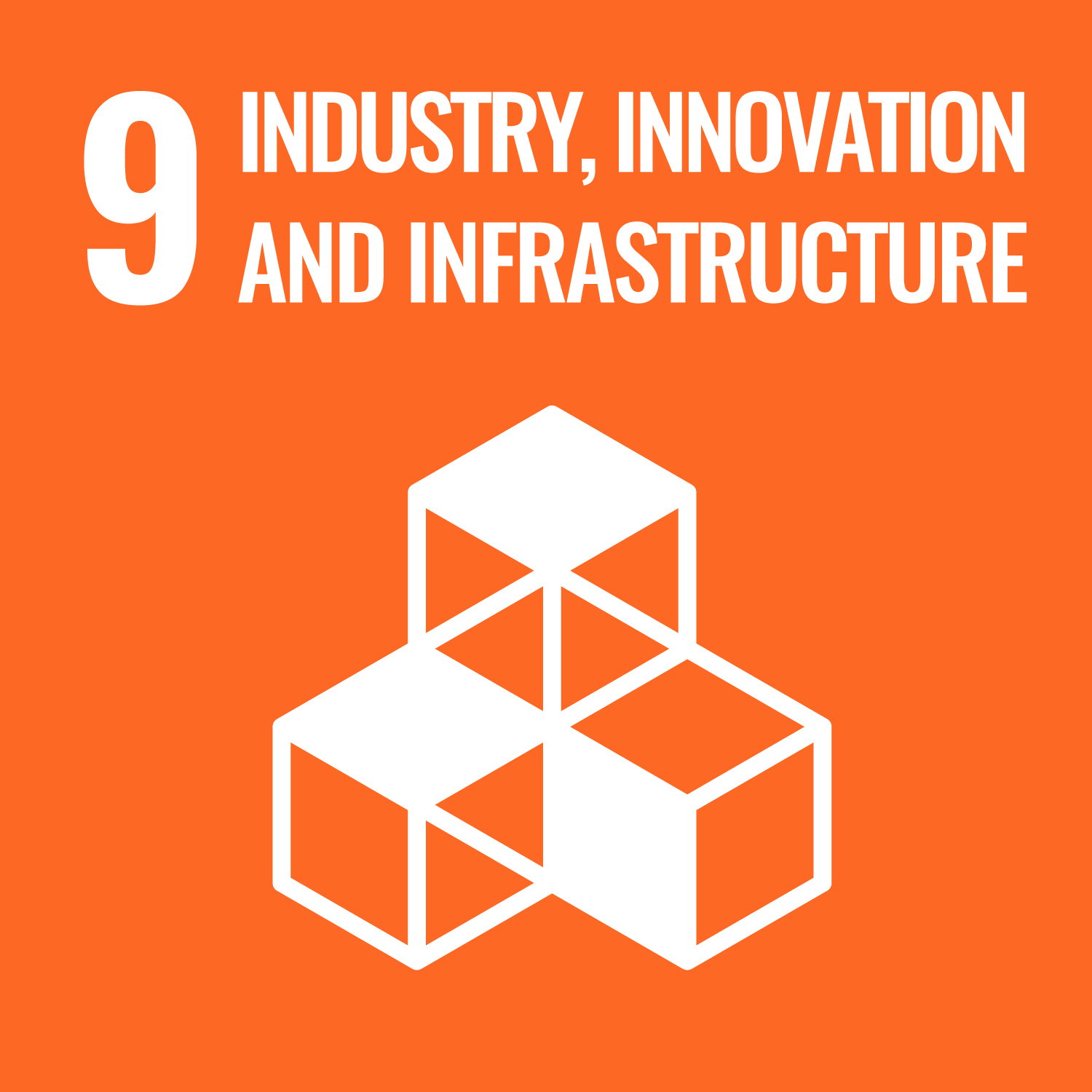

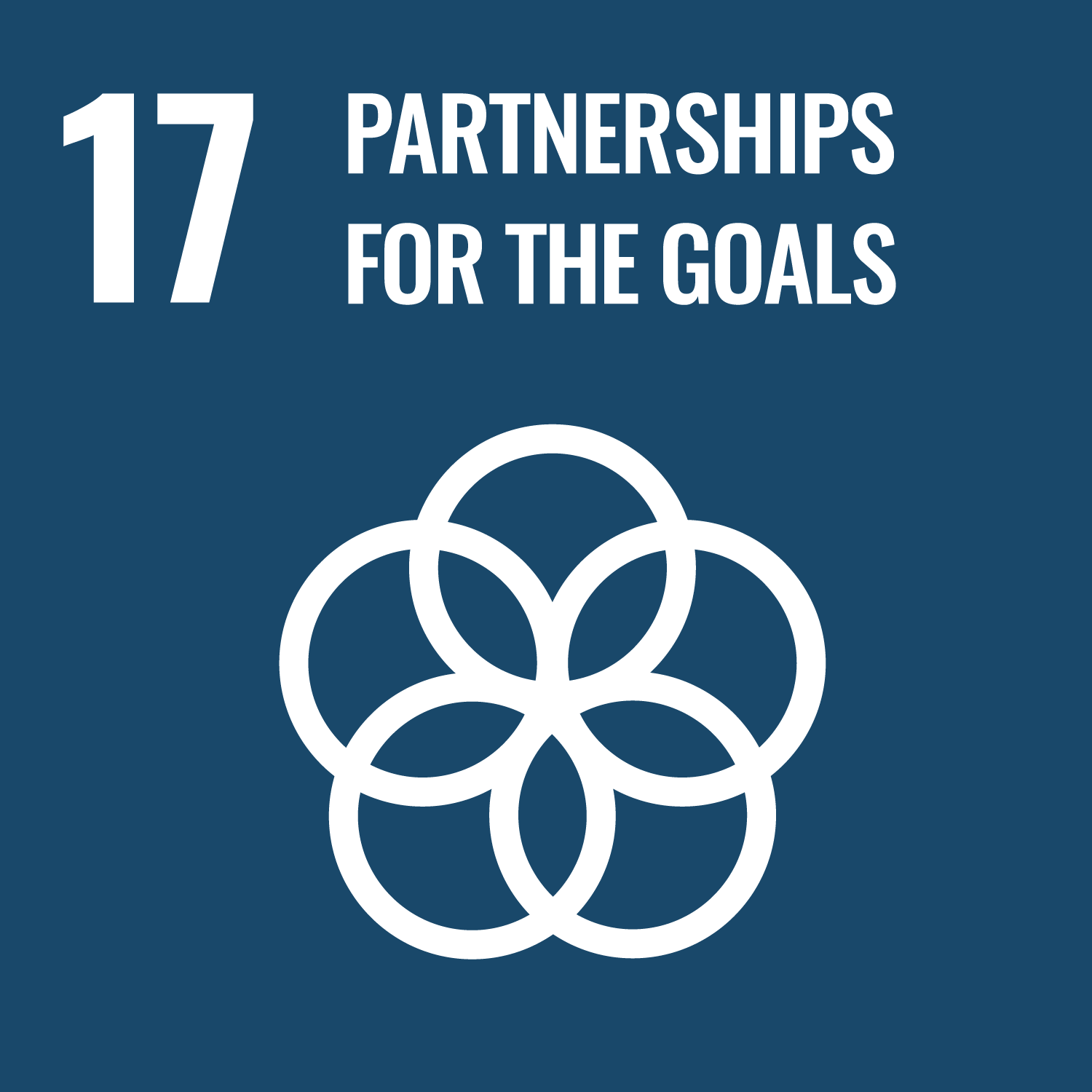
Green technologies are key to address development challenges and achieving the Sustainable Development Goals. Through transforming green technology inventions into innovations, countries can leapfrog in economic development while balancing the environmental aspects. The transfer, exploitation and commercialization of green technologies are therefore critical for countries to achieve sustainable development. Green technologies offer innovative solutions in critical sectors such as climate change adaptation and mitigation. APCTT assists member countries in strengthening their capacity to develop innovative policies and strategies for promoting innovation, adoption, and adaptation of green technologies, and catalyzing the investment and business ecosystems.


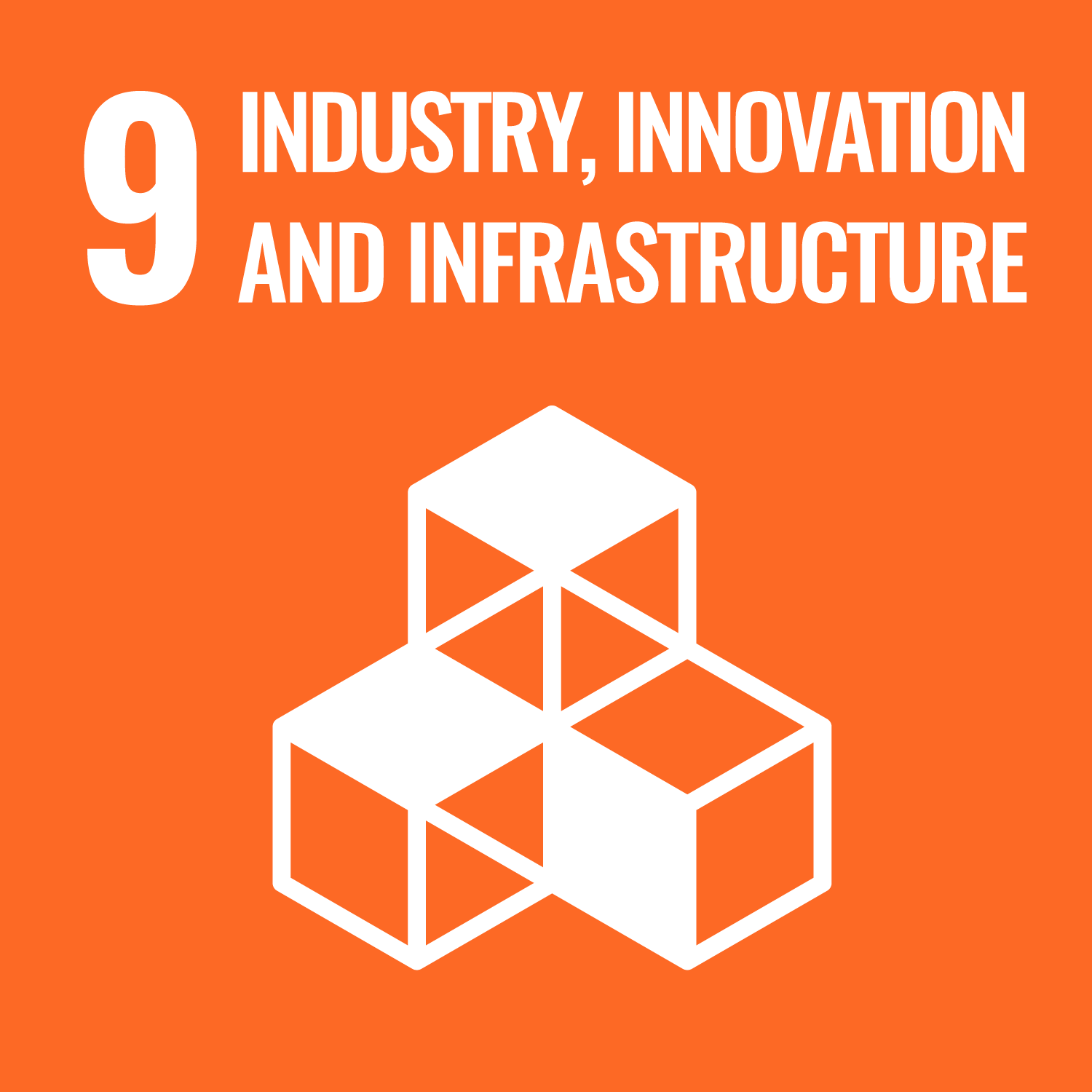
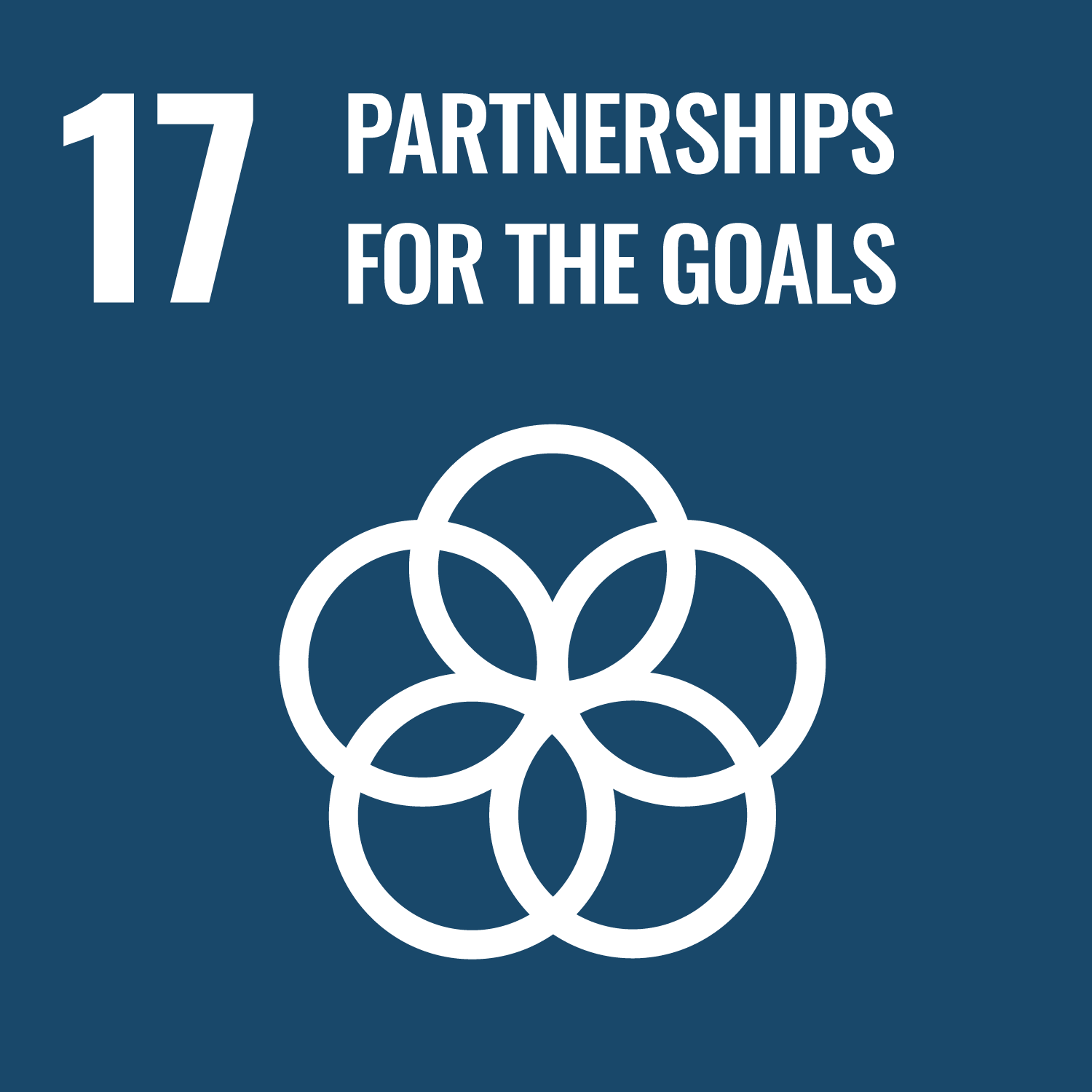
New and emerging technologies serve as game changers towards achieving sustainable development. Emerging technologies are considered to possess immense potential to address developmental challenges in almost every field. Prominent technologies are fourth industrial technologies, renewable energy, nanotechnology and biotechnology. These technologies are drastically changing the society, increasing the productivity and efficiency in manufacturing and service sectors. Recognizing the potential of emerging technologies for the Asia-Pacific region, APCTT supports capacity-building of member countries for development, technology transfer, adoption and adaptation of such technologies.
- 4th Industrial Revolution Technologies: Fourth Industrial Revolution (4IR) technologies are considered to possess immense potential to address developmental challenges in almost every field. Prominent 4IR technologies are Internet of Things (IoT), 3D printing, Artificial Intelligence (AI), and Blockchain technologies, among others. These technologies have applications that are known to improve the quality of life, drive economic growth, and increase the productivity and efficiency in manufacturing and service sectors. The 4IR technologies offer many innovative solutions which can support countries to achieve the 2030 Sustainable Development Goals. These technologies also play a key role as decision-making systems for inclusive and sustainable development. APCTT assists member countries in strengthening their capability to develop enabling policy and strategy to promote utilization of 4IR technologies for sustainable development through regional cooperation.
- Renewable Energy: In the recent years, renewable energy options have demonstrated potential to reduce the environmental impacts of energy use, provide access to affordable energy and thus play a significant role in the transition to sustainable development. APCTT strengthens the capacity of member countries to promote the utilization and development of renewable energy technologies to meet their energy needs and foster sustainable development.
- Nanotechnology: APCTT provide capacity-building supports to Research &Development (R & D) institutions and enterprises in the Asia-Pacific to enhance their R&D management capacity in nanotechnology-based value-added product development. APCTT delivers capacity building workshops and expert group meetings on key areas of nanotechnology R&D management such as: nanosafety, standardization, and certification; protection and valuation of nanotechnology intellectual property (IP); and commercialization of nanotechnology R&D results in the area of nanotechnology. APCTT promotes regional cooperation networking among R & D institutions in the area of nanotechnology. «Manual on Critical Issues in Nanotechnology R&D Management An Asia-Pacific Perspective» ; and a study report entitled «Innovative Development of Bottom-Up Nanotechnology-Based Value-Added Products for Enhancing Competitiveness in the Asia-Pacific.»
